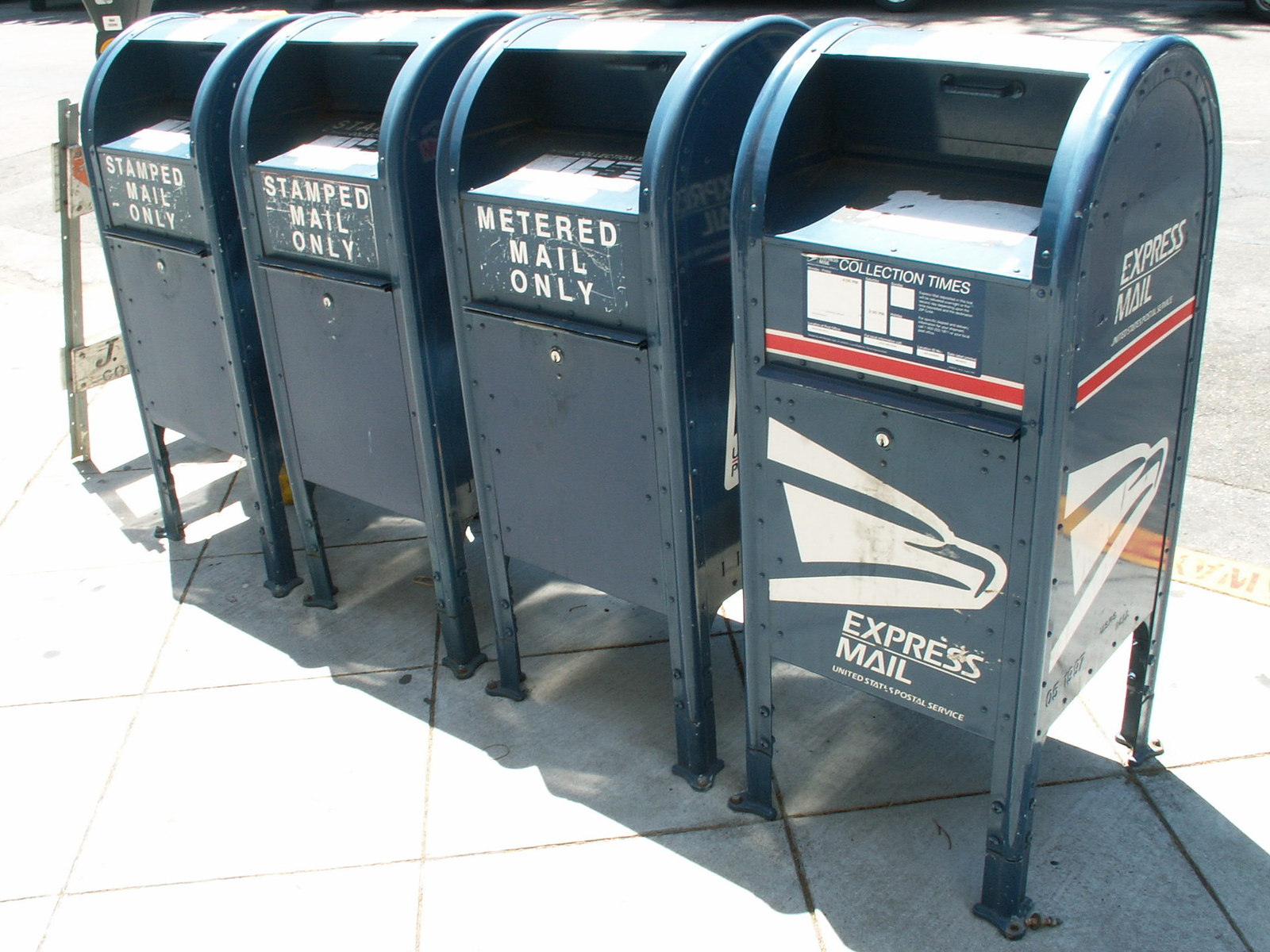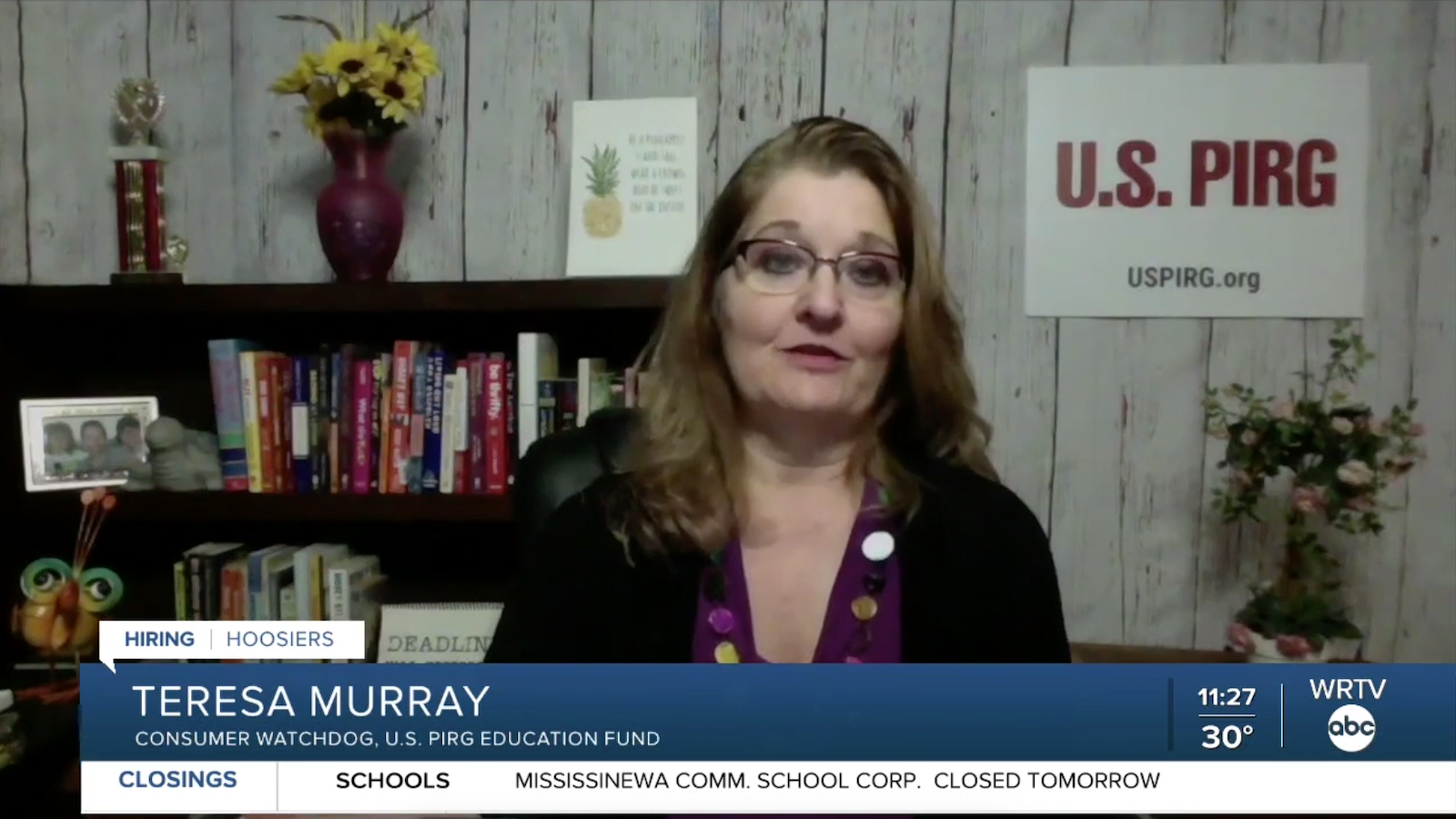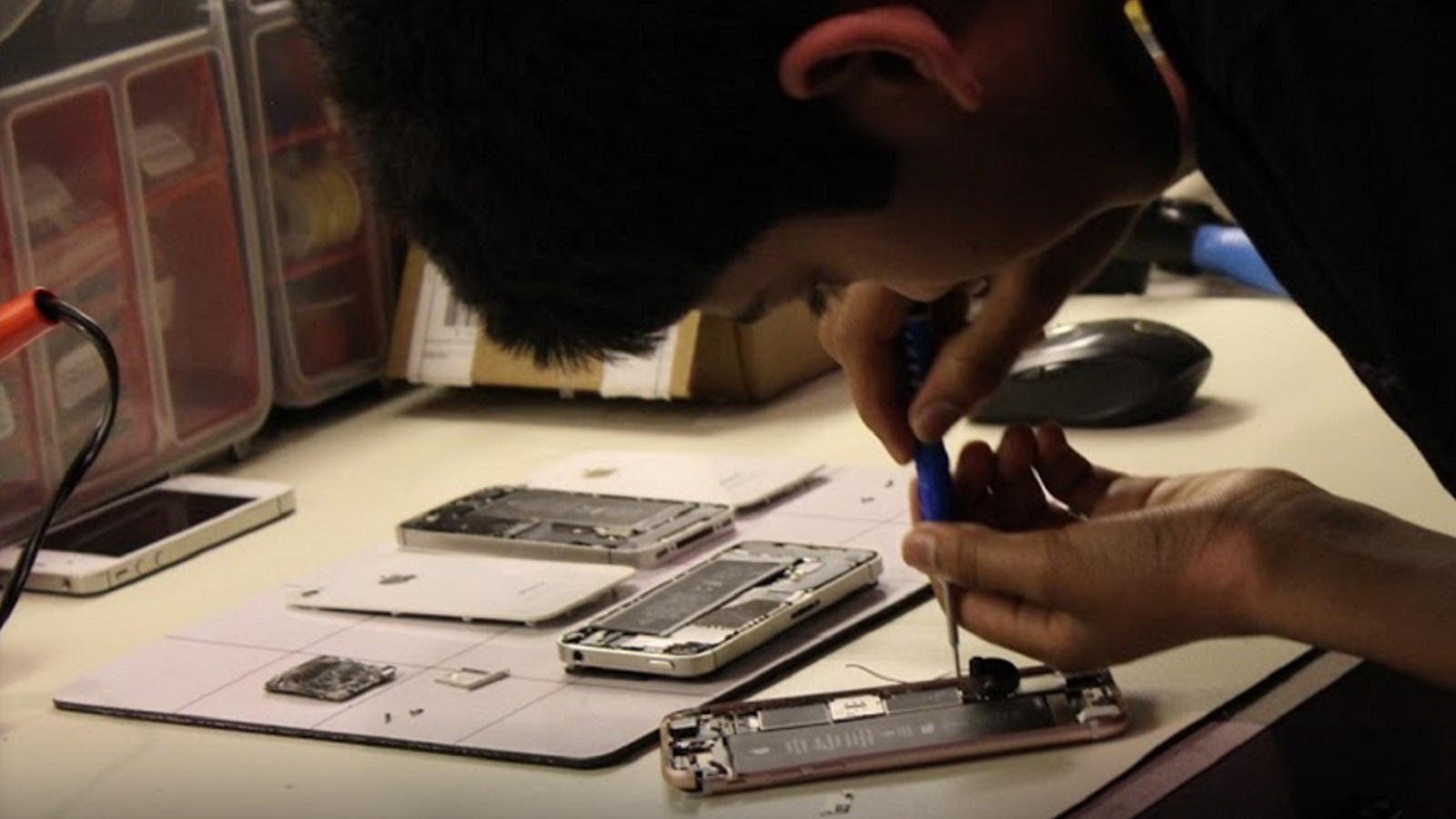Enough noise. Absentee voting is necessary in a COVID-19 general election.
The novel coronavirus (COVID-19) pandemic is an emergency for our democracy. If we don’t take decisive action now, we could end up with Wisconsin-like nightmares across the country come November -- with voters forced to make a lose-lose decision between their health and participating in democracy. To avoid that worst-case scenario, our number one priority right now should be expanding access to the most workable solution to this crisis: vote by mail.
The novel coronavirus (COVID-19) pandemic is an emergency for our democracy. If we don’t take decisive action now, we could end up with Wisconsin-like nightmares across the country come November — with voters forced to make a lose-lose decision between their health and participating in democracy.
To avoid that worst-case scenario, our number one priority right now should be expanding access to the most workable solution to this crisis: vote by mail.
Allowing Americans to cast a ballot safely amid a pandemic seems like a reasonable solution. It’s also an incredibly popular idea. A recent poll found that nearly three in four Americans supported a mail-in ballot option to protect voters in case COVID-19 continues to spread into the fall. But recently, President Trump has made myriad disparaging comments about voting by mail, complicating efforts to address this crisis.
Despite the outsized media response the president receives, it’s important to remember that states determine how to run their elections, and it’s their responsibility to encourage and enable every citizen to participate in our elections. With COVID-19 threatening to affect widespread in-person voting this fall, states should ignore the noise coming from the White House and immediately move to expand vote by mail or absentee opportunities — up to and including emergency plans to mail eligible voters a ballot.
Already, we’re seeing state officials from both parties move in this direction. Ohio Gov. Mike DeWine and Secretary of State Frank LaRose, both Republicans, recently announced steps to encourage more mail-in voting in upcoming elections. Republican Gov. Chris Sununu of New Hampshire made it clear that for the November election, voters could cite the pandemic as a reason to request an absentee ballot. Finally, Republican election officials in West Virginia, Idaho, South Dakota and Nebraska plan to mail absentee ballot request forms to all registered voters.
There’s overwhelming bipartisan support behind expanding vote by mail opportunities during a pandemic because, first and foremost, it’s common sense. At a time when mass gatherings present a serious public health risk, encouraging as many voters as possible to cast their ballots from home is an obvious solution.
Of course, accommodations must also be made to those who can’t vote by mail. States should increase early voting periods and ensure there are both enough traditional polling places and that those polling places adhere to the latest guidelines from the Centers of Disease Control and Prevention.
Vote by mail is also the best option because no state would be starting from scratch. While policies certainly differ significantly from state to state, all states already allow some degree of mail-in voting. Many states, including many so-called swing states, already have robust mail-in voting policies. Some, including Colorado, mail all registered voters a ballot in every election.
During COVID-19, universal access to absentee voting must be a key part of any state’s plan to vote safely. However, it should be viewed as just one tool among many to encourage participation — not a be-all, end-all solution when things return to normal. For a number of reasons, there’s value in the secret ballot in a voting booth.
And while vote-by-mail isn’t a perfect system, nobody should be concerned that it presents a major security risk. There are exceedingly few examples of voter fraud associated with mail-in voting, despite what our president may claim. Election officials across the country and across parties are committed to running fair, safe and secure elections. And, as we have seen during this pandemic, are willing to put their lives on the line to do so.
Finally, though expanding absentee voting is common sense, it can’t happen overnight. It takes time to pass legislation dedicating money to it, build up the infrastructure, print ballots, staff polling places, and otherwise build the system. That’s why it’s so important that each and every state act now. Given what we saw in Wisconsin, there will be no excuse in November if elected officials are caught unprepared.
One way or another, in November, Democrats, Republicans, Independents — and everyone outside and in-between — will cast their ballots in an all-important presidential election. Candidates on all sides need to be able to confidently tell their supporters that it’s safe to participate in democracy. By preparing resilient elections now, states can help ensure that among the other emergencies COVID-19 has created, it doesn’t result in an electoral one. After all, the virus doesn’t care what party you belong to.
Topics
Authors
Joe Ready
Find Out More

Voting by mail is not only safe, it’s secure

PIRG, health professionals combat COVID-19 misinformation

Federal vaccine mandate for nursing homes will save lives
